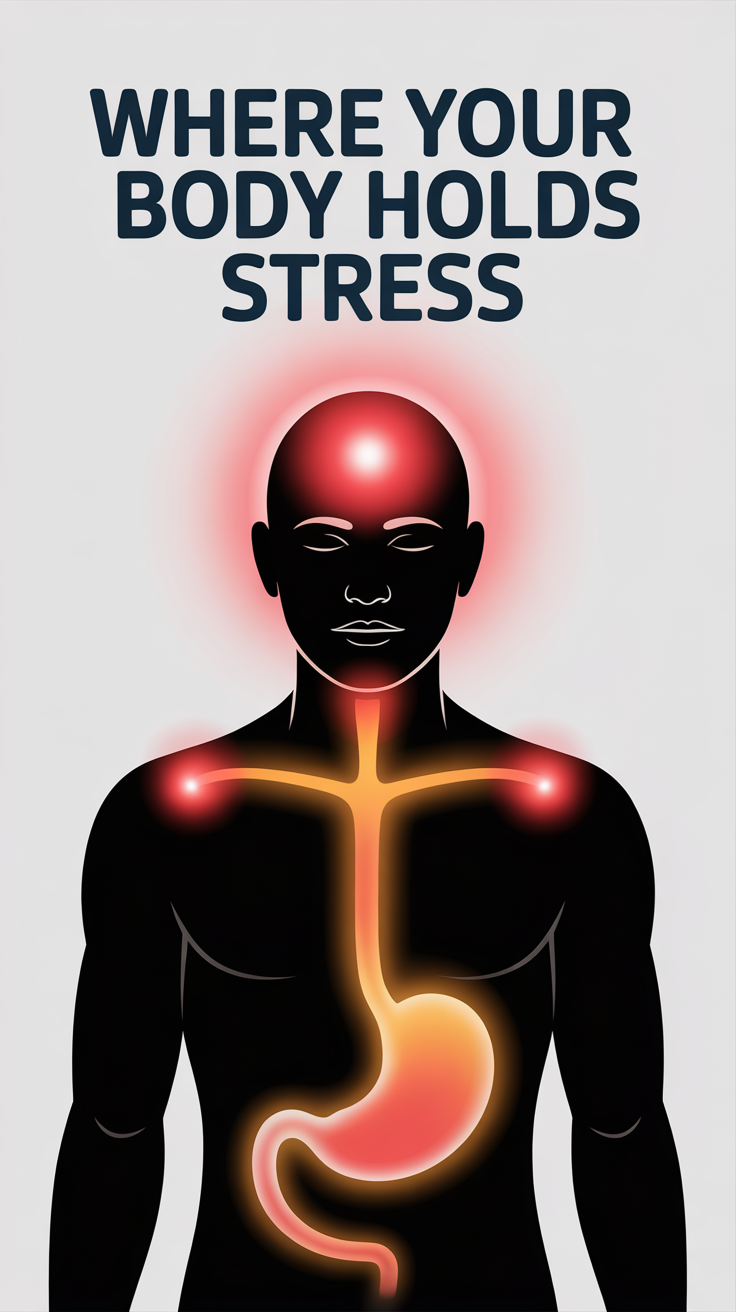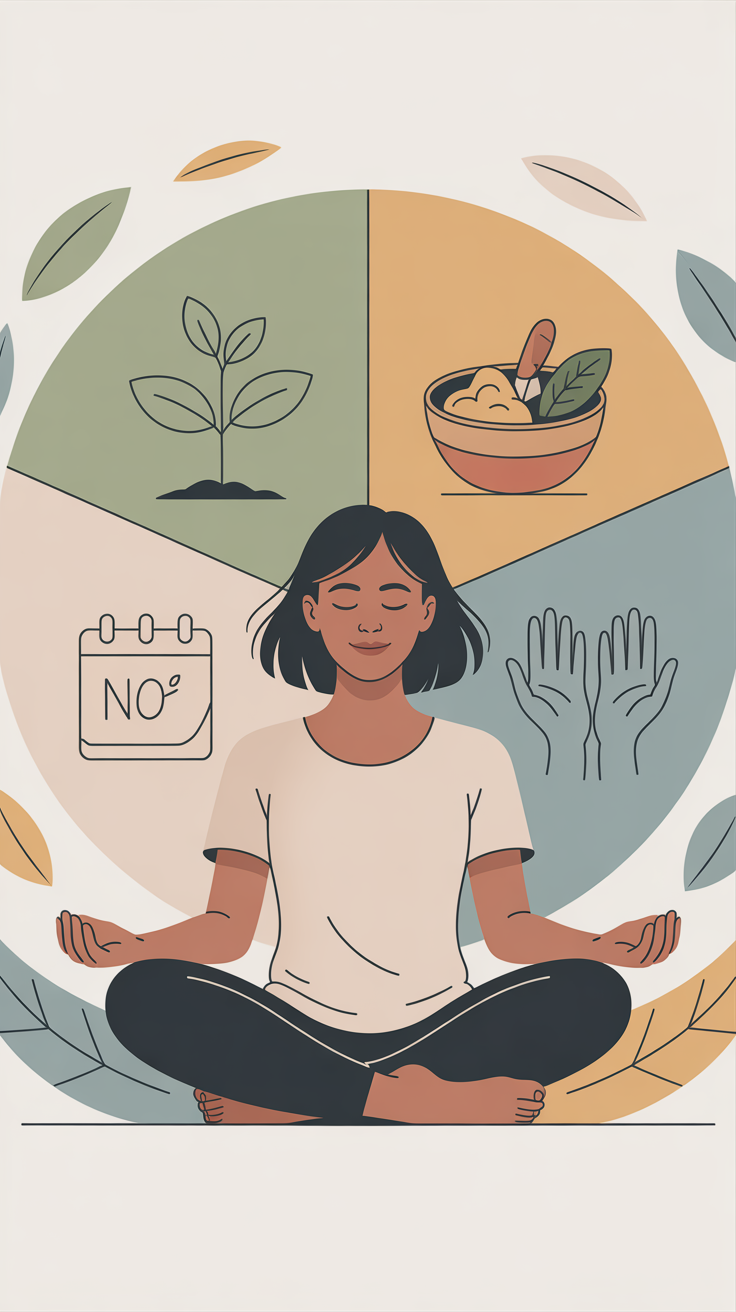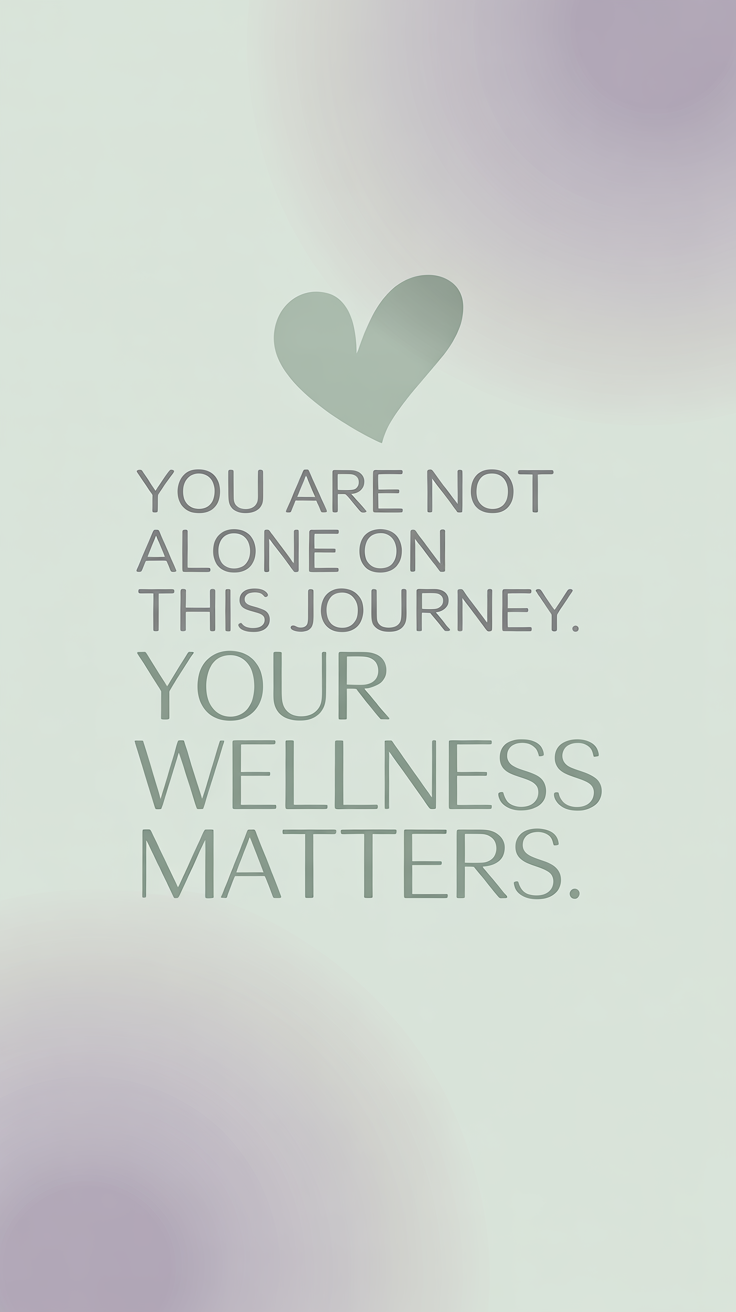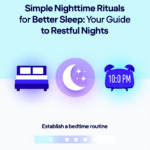In the relentless hustle of modern life, it’s easy to dismiss that feeling of persistent tiredness as just “a bad week.” 😮💨 But what if your body and mind are sending you a critical distress signal?
Thank you for reading this post, don’t forget to subscribe!Ignoring the signs of mental and emotional exhaustion can be a fast track to full-blown burnout and serious declines in your mental health. This isn’t just about everyday stress; it’s a deep-seated drain on your entire system.
This essential guide reveals 10+ crucial warning signs that you are mentally and emotionally exhausted. Recognizing these red flags is the first, vital step toward taking back your health, energy, and well-being.

The Cognitive and Emotional Warning Signs of Mental Exhaustion
These emotional exhaustion symptoms directly impact your thoughts, mood, and motivation. They’re often the most telling signs that you’re running on empty.
1. Chronic Fatigue That Sleep Can’t Fix 🪫
This isn’t your average “I need a nap” tiredness. This is a deep, pervasive fatigue that a full night’s sleep doesn’t fix. You wake up feeling just as drained as when you went to bed, as if your internal battery is permanently stuck at 1%.
2. Brain Fog: Why Mental Exhaustion Causes Concentration and Memory Issues 🌫️
You find yourself re-reading the same paragraph three times, zoning out in meetings, or constantly forgetting where you put your keys. This “brain fog” makes it incredibly difficult to focus, make decisions, or recall simple information due to an overwhelming cognitive load.
3. Increased Irritability and Emotional Detachment 😠
Your fuse is suddenly much shorter. You snap at loved ones or feel a low simmer of annoyance at minor inconveniences. This often comes with a growing sense of detachment and cynicism toward your work, colleagues, and even your own life.

4. Overwhelm and Crippling Decision Fatigue 🤯
Tasks that used to be simple, like choosing what to eat for dinner or replying to a non-urgent email, now feel overwhelming. Your brain is so depleted that it shuts down in the face of too many choices, leading to total decision paralysis.
5. Loss of Joy and Motivation (Anhedonia) 🎭
The hobbies and activities that once brought you happiness now feel like a chore. You may feel a general sense of apathy or emotional numbness, going through the motions without feeling any real pleasure or motivation.
6. A State of Constant Anxiety and Worry 😨
A constant, low-level hum of worry becomes your new normal. You may feel a sense of impending doom or dread about the future, even when there’s no clear reason for it. This heightened anxiety is a classic sign of a system in overload.
Physical and Behavioral Symptoms of Emotional Exhaustion
Your mind isn’t the only thing that suffers. Emotional exhaustion manifests in very real physical and behavioral ways.

7. Unrefreshing Sleep and Major Sleep Disturbances 😴
This can be a double-edged sword. You might lie awake at night with racing thoughts (insomnia), or you might sleep for 10 hours and still wake up feeling completely unrested. Your body’s natural rhythm is out of sync.
8. Unexplained Aches, Pains, and Headaches 🤕
Your body holds onto stress. Frequent headaches, tight muscles in your neck and shoulders, or unexplained stomach issues can all be physical symptoms of stress and emotional overload.
9. Withdrawing from Friends and Social Isolation 🏝️
You start cancelling plans and find excuses to avoid friends and family. The thought of socializing feels like a monumental task because you simply don’t have the emotional energy required to engage.
10. Increased Reliance on Unhealthy Coping Mechanisms 🍷
You might find yourself reaching for an extra glass of wine, mindlessly scrolling through social media for hours, or overeating to numb the difficult feelings. These unhealthy habits are temporary fixes that mask the underlying problem.
How to Start Your Recovery from Mental and Emotional Exhaustion
Recognizing these signs is half the battle. The other half is taking compassionate, consistent action. Your recovery from exhaustion starts now. Here is your actionable roadmap for how to overcome emotional exhaustion:

- Prioritize True Rest: This means more than just sleep. Schedule intentional downtime with no agenda—no screens, no to-do lists. This allows your nervous system to reset.
- Set Firm Boundaries: Learning to say “no” is critical to protecting your time and emotional bandwidth. Your well-being is non-negotiable.
- Move Gently & Nourish Well: A short walk can work wonders by releasing endorphins. Focus on hydrating and eating foods that fuel your body, not deplete it further.
- Seek Professional Support: Talk to a trusted friend or, critically, a mental health professional. You don’t have to navigate this alone. Seeking professional help is a sign of strength and provides tailored strategies for recovery.
💫 Conclusion

Remember, self-care for burnout is not selfish—it’s essential. Listening to these warning signs is an act of self-preservation. By acknowledging your limits and taking proactive steps, you can refill your cup and find your way back to a balanced, energized life.
If you recognized any of these signs, what immediate step will you take today to prioritize your self-care? Share your experience and tips for managing emotional exhaustion below. 👇









































